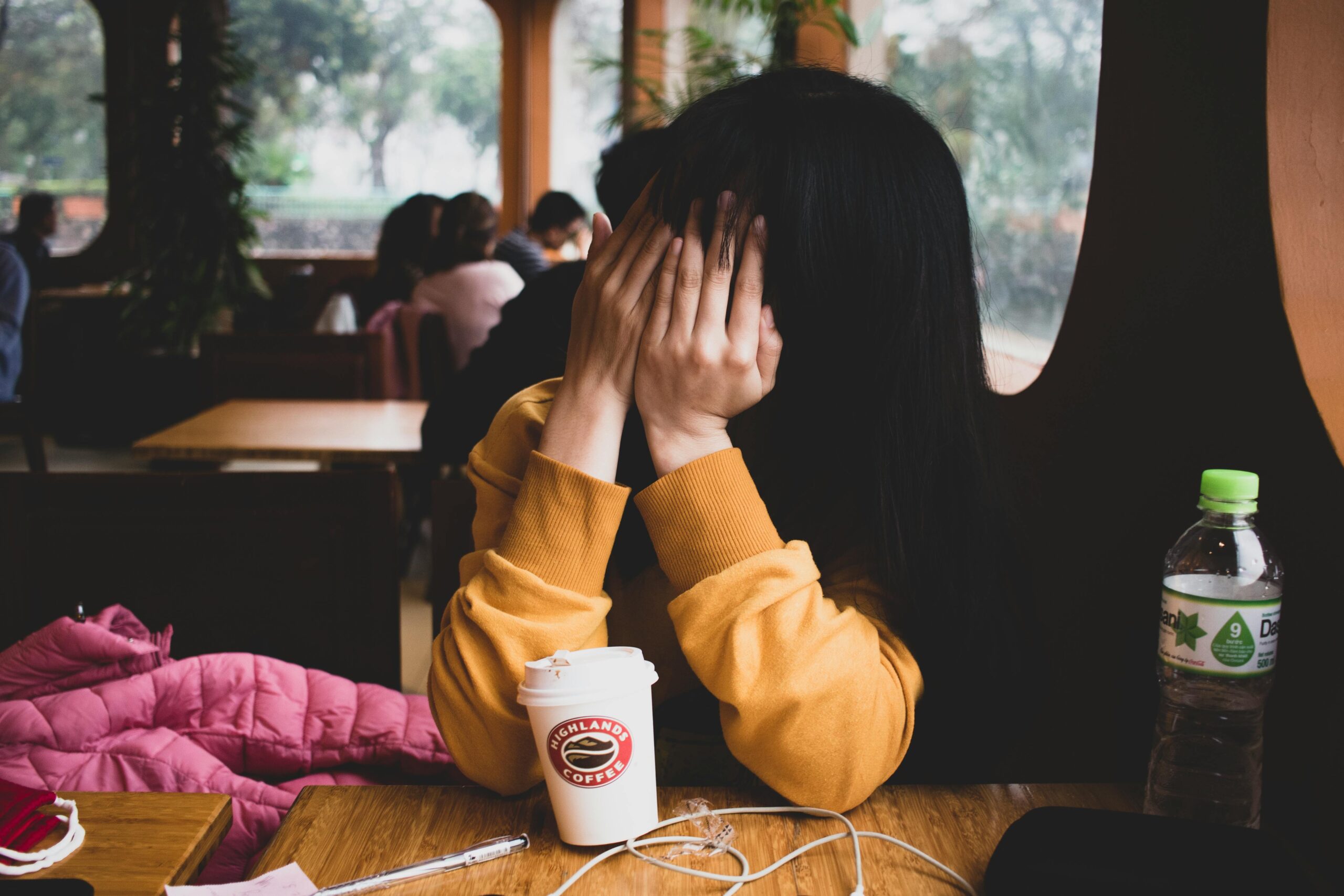What is the Difference Between Shyness and Social Anxiety Disorder in Adults?
 Feeling nervous in social situations is a common experience. We’ve all had those moments where we feel shy or unsure of ourselves. But for some, this discomfort extends beyond shyness and becomes something more debilitating known as Social Anxiety Disorder (SAD). Understanding the differences between shyness and Social Anxiety Disorder is crucial for recognizing when it might be time to seek help and explore treatments like Social Anxiety therapy.
Feeling nervous in social situations is a common experience. We’ve all had those moments where we feel shy or unsure of ourselves. But for some, this discomfort extends beyond shyness and becomes something more debilitating known as Social Anxiety Disorder (SAD). Understanding the differences between shyness and Social Anxiety Disorder is crucial for recognizing when it might be time to seek help and explore treatments like Social Anxiety therapy.
Defining Shyness and Social Anxiety Disorder
Shyness
Shyness is a personality trait that manifests as a feeling of discomfort or inhibition in social situations. Shy individuals may feel nervous or awkward when meeting new people or speaking in public, but these feelings do not significantly interfere with their daily lives.
Key Characteristics of Shyness:
- Temporary discomfort in social situations
- Mild nervousness or awkwardness
- Does not significantly impact daily functioning
- No persistent fear of judgment
Social Anxiety Disorder (SAD)
Social Anxiety Disorder, on the other hand, is a mental health condition that involves intense, persistent fear of social situations. This fear often stems from a worry of being judged, embarrassed, or humiliated. Unlike shyness, SAD can severely impact an individual’s ability to function in various aspects of life.
Key Characteristics of Social Anxiety Disorder:
- Intense, persistent fear of social situations
- Avoidance of social interactions
- Physical symptoms like sweating, trembling, or rapid heartbeat
- Significant impact on daily functioning and quality of life
- Persistent fear of being judged or humiliated
Differences Between Shyness and Social Anxiety Disorder
While shyness and Social Anxiety Disorder share some similarities, the key difference lies in the intensity and impact of the symptoms. Shyness is relatively mild and does not interfere significantly with everyday life, while SAD is intense, long-lasting, and can be debilitating.
Severity and Duration
- Shyness is generally mild and transient.
- SAD involves severe and chronic anxiety that persists for six months or more.
Impact on Life
- Shyness does not typically interfere with one’s ability to function in daily life.
- SAD can lead to avoidance of social situations, impacting work, relationships, and overall quality of life.
Physical Symptoms
- Shyness may cause mild physical symptoms like slight nervousness.
- SAD can cause severe physical symptoms such as sweating, trembling, nausea, and rapid heartbeat.
Treatment Options for Social Anxiety Disorder
If you suspect that you or someone you know might be suffering from Social Anxiety Disorder, it’s essential to seek help. Various treatment options are available to manage and reduce the symptoms of SAD.
Cognitive Behavioral Therapy (CBT) in Orlando
One of the most effective treatments for Social Anxiety Disorder is Cognitive Behavioral Therapy (CBT) in Orlando. CBT helps individuals identify and challenge negative thought patterns and behaviors, replacing them with healthier ones.
Benefits of CBT for Social Anxiety:
- Practical tools to manage anxiety
- Long-term coping strategies
- Improved social skills
- Greater confidence in social situations
For those living in Florida, GroundWork specializes in CBT and our therapists provide tailored and specialized CBT treatment for Social Anxiety.
We’re Here to Help
Understanding the differences between shyness and Social Anxiety Disorder is the first step toward recognizing when professional help might be necessary. While shyness is a common and manageable personality trait, Social Anxiety Disorder requires more targeted intervention to improve quality of life.
If you or someone you know is struggling with Social Anxiety Disorder, consider exploring options like Cognitive Behavioral Therapy (CBT) in Orlando to find the support needed to overcome these challenges. Remember, seeking help is a sign of strength, and the right treatment can make a significant difference in managing Social Anxiety.
Ready To Make A Change?
GroundWork is proud to offer both in-person &
virtual Telehealth appointments.
In-Person Sessions: Central Florida
Virtual Sessions: Florida, Maine, South Carolina, Montana, Vermont




















